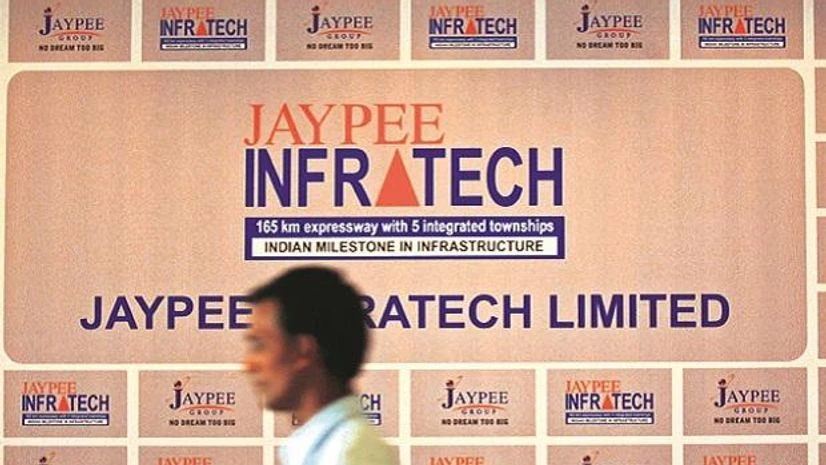The Rs 750-crore deposited by Jaypee Infratech's (JIL) parent firm Jaiprakash Associates with the Supreme Court registry was a payment towards obligation of the debt-ridden firm and should be treated as the asset of the corporate debtor, the NCLT has observed while approving the bid of NBCC for JIL.
The NCLT Delhi bench on Tuesday approved the bid of state-owned NBCC to acquire debt-laden JIL through an insolvency process and complete around 20,000 pending flats over the next three and half years.
The court also ordered that the Rs 750 crore deposited by Jaypee Infratech's parent firm Jaiprakash Associates Ltd (JAL) with the registry of the Supreme Court would be part of the resolution plan.
In the written order uploaded on its website on Thursday, the NCLT said that as JAL is not under further obligation to complete construction of homes, and it cannot be assumed that if this money returned then it would be utilised to settle the debt of creditors of Jaypee Infratech Ltd (JIL).
"Since JAL is not under further obligation to complete construction of homes, there is no occasion to assume that if this money go back to JAL, it would be utilised for the cause of the creditors of the corporate debtor, in view of thereof, we hereby dispose all CAs related to Rs 750 crore issue by holding that this money is to be treated as the asset of the corporate debtor," the NCLT order said.
"Though it has not been explicitly explained that JAL paid on behalf of JIL, the matter pending before the Supreme Court being with regard to homebuyers of JIL, when money was asked to be deposited towards refund of JIL homebuyers and the same being paid by JAL, now it is not open to JAL to say that it is JAL's money," it said.
More From This Section
NCLT also rejected the submissions that Rs 750 crore has not gone into the books of JIL, therefore it cannot be treated as the assets of JIL.
"Since JAL has without any objection or condition paid to the home buyers of JIL on behalf of JIL, it has to be treated that the payments is towards the obligation of JIL," said NCLT in its 115-page-long order.
According to NCLT, In this case, the homebuyer's money has been lying with the corporate debtor and JAL, it is the admitted fact that money come from the homebuyers has gone to JAL in the name of construction.
"It is not the case of the JAL that JIL money has not come for construction. Moreover JAL, by the time it has desposited, was aware that it was depoisting that money towards the obligation owned to JIL homebuyers," the order saod.
"Here there could not be any assumption or presumption to say that JAL depoisted this money before the Supreme Court with an assumption that it would come back to it in the event this money has not been utilised for the distribution of it to the homebuyers of JIL," it said.
"As long as the Supreme Court has not stated that this money has to be returned to JAL, it has to be construed that Supreme Court has conciously retained the money within the custody of it and thereafter transferred this money to NCLT with a direction that the parties shall abide by the directions of NCLT," said NCLT adding " Had the Supreme Court has felt that it should go back to JAL, the Supreme Court would have returned it to JAL, but but has not been done."
NCLT further said: "Whenever any payment is made towards any liability, it has to be treated as a payment made towards that liability. It does not matter who paid the money, it matters as whether it has been paid towards an obligation or not."
Jaypee Infratech went into insolvency process in August 2017 after the NCLT admitted an application by an IDBI Bank-led consortium.
NBCC's proposal was approved by the lenders in the third round of bidding process to find a buyer for Jaypee Infratech.
In its bid, NBCC had proposed to complete over 20,000 pending flats in housing projects launched by Jaypee Infratech in Noida and Greater Noida (Uttar Pradesh).
Homebuyers' claim amounting to Rs 13,364 crore and lenders' claim worth Rs 9,783 crore were admitted.
NBCC offered 1,526 acres of land to lenders under a land-debt swap deal.

)
